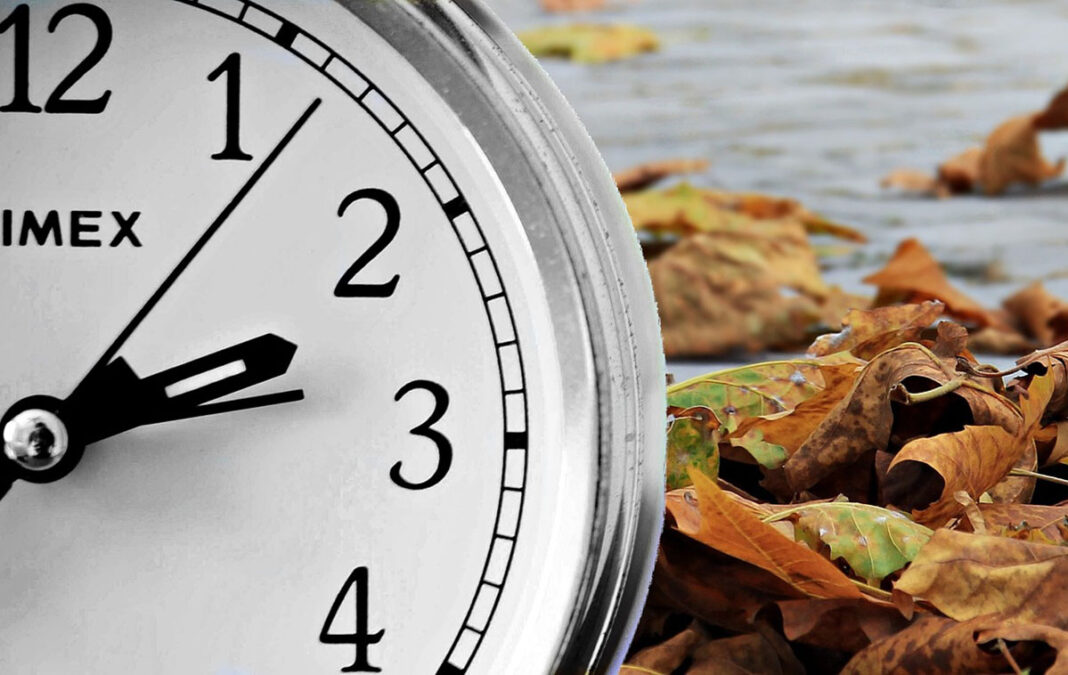The EU and Ireland should scrap the bi-annual time change known as Daylight Saving Time (DST) or at least shorten ‘winter time’ by delaying the time change until November and starting ‘spring time’ a month earlier – in February, Seán Kelly MEP has said ahead of this weekend’s switch of the clocks.
“I have been campaigning to end the practice of ending DST since being elected an MEP. We nearly had an EU-wide agreement secured before the COVID-19 pandemic hit, but Member States failed to take action. I understand that Ireland, unfortunately did not push for the end of DST. There is some concern that because the UK is out of the EU, we could end up with two time zones on the island of Ireland. That is nonsensical, and would not happen in my view. It stands to reason that if the EU brings in this change, most other European countries neighbouring the bloc would follow suit. The EU has the power to enact this change”, Kelly said.
“In the very early hours of this Sunday morning, the clocks will ‘fall back’ an hour, officially starting winter time. The time change has a very negative impact on people’s health and wellbeing as studies have shown. It also has a very worrying effect on road traffic accidents too”, Kelly warned.
“If I am re-elected as an MEP, I will commit to pushing for the end of DST. The EU could also seriously examine alternatives such as reducing the timeframe. For example, why not push the “fall back” from the end of October to the end of November? The ‘spring forward’ clock change could be on February 1st, instead of waiting for the clock to jump forward in late March”, Kelly suggested.
The Ireland South MEP pointed out that morning light or dawn is particularly important in enabling the human circadian system to adjust internal time to the external dawn/dusk cycle and seriously impacts overall health and mental well-being.
“When we disrupt our natural rhythms, many people lose sleep leading to weakened immunity, increased anxiety and depression in some cases. It also means people are driving tired or less alert and are less able to concentrate leading to more accidents and a lower quality work performance”, he added.
